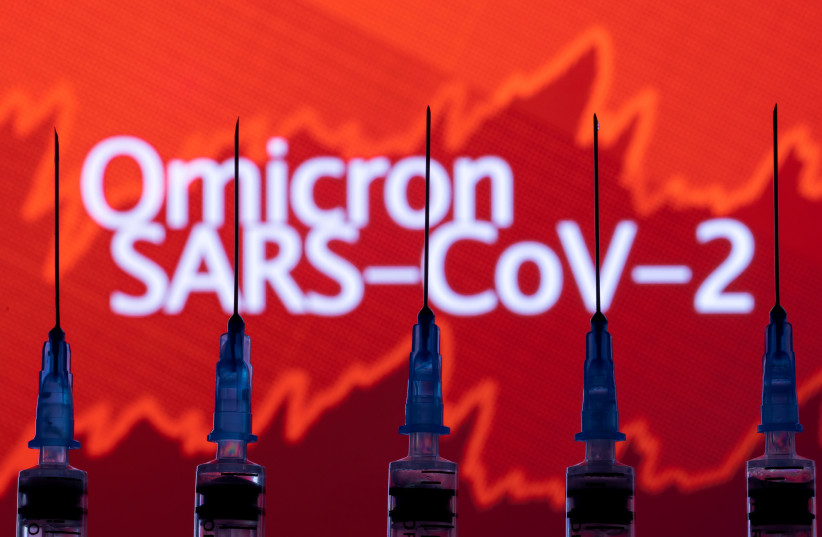AstraZeneca AZN.L said its antibody-based cocktail to prevent and treat COVID-19 was shown to retain neutralizing activity against Omicron coronavirus variants, including the highly contagious BA.2 sub-variant, in an independent lab study.
Data from the study by the Washington University showed the therapy reduced the amount of virus detected in samples of all tested Omicron subvariants in mice lungs, the London-listed drugmaker said on Monday. The study has yet to be peer-reviewed.
The therapy, Evusheld, was tested against the BA.1, BA.1.1, and BA.2 subvariants of Omicron and it was also shown to limit inflammation in the lungs.
"The findings further support Evusheld as a potentially important option to help protect vulnerable patients such as the immunocompromised who could face poor outcomes if they were to become infected with COVID-19," senior AstraZeneca executive John Perez said.
The World Health Organization said last week figures showing a global rise in COVID-19 cases could herald a much bigger problem, as the Omicron and BA.2 variants spread amid the easing of restrictions and testing.

Vaccines rely on an intact immune system to develop targeted antibodies and infection-fighting cells, but Evusheld contains lab-made antibodies designed to linger in the body for months to contain the virus in case of an infection.
The results come after Britain last week approved the therapy for preventing infections in adults with poor immune response. Evusheld is currently under a European review and has been authorized in the United States.
